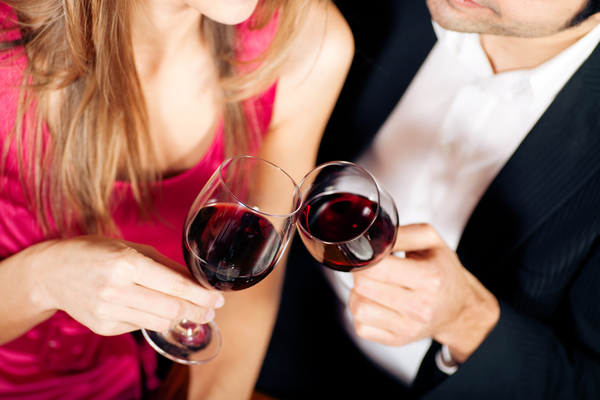Drinking Doesn't Lead to a Better Night's Sleep

Having a few drinks may help you fall asleep, but that deep slumber continues for only part of the night. After that point, getting shut-eye becomes more difficult, according to a new review.
Researchers analyzed information from 20 previously published studies that looked at the effects of alcohol on sleep. Together, the studies included more than 500 people who drank low, moderate or high amounts of alcohol before going to bed, and underwent testing while they snoozed in a sleep lab.
Regardless of how much people drank, alcohol reduced the time it took them to fall asleep. In addition, drinking alcohol, no matter the quantity, increased deep sleep during the first half of the night.
However, sleep disruption, or waking after falling asleep, increased during the second half of the night, the researchers found.
In addition, moderate doses (2 to 4 drinks) and high doses (more than 4 drinks) of alcohol reduced overall rapid eye movement (REM) sleep during the night. REM sleep is a stage of sleep during which dreams occur, and is thought to be important for memory.
"Alcohol on the whole is not useful for improving a whole night's sleep," said Irshaad Ebrahim, medical director of The London Sleep Centre, who conducted the review, along with colleagues. "Sleep may be deeper to start with, but then becomes disrupted."
While many previous studies have been done on the topic, researchers in this review restricted their analysis to studies of healthy people who were tested in a sleep lab during the night. The review was meant to clarify the "state of the science" regarding alcohol's effects on healthy people, the researchers said.
Get the world’s most fascinating discoveries delivered straight to your inbox.
The review will be published in the April issue of the journal Alcoholism: Clinical & Experimental Research.
Pass it on: Alcohol may help you fall sleep, but it won't keep you asleep.
Follow Rachael Rettner on Twitter @RachaelRettner, or MyHealthNewsDaily @MyHealth_MHND. We're also on Facebook & Google+.

Rachael is a Live Science contributor, and was a former channel editor and senior writer for Live Science between 2010 and 2022. She has a master's degree in journalism from New York University's Science, Health and Environmental Reporting Program. She also holds a B.S. in molecular biology and an M.S. in biology from the University of California, San Diego. Her work has appeared in Scienceline, The Washington Post and Scientific American.
 Live Science Plus
Live Science Plus





